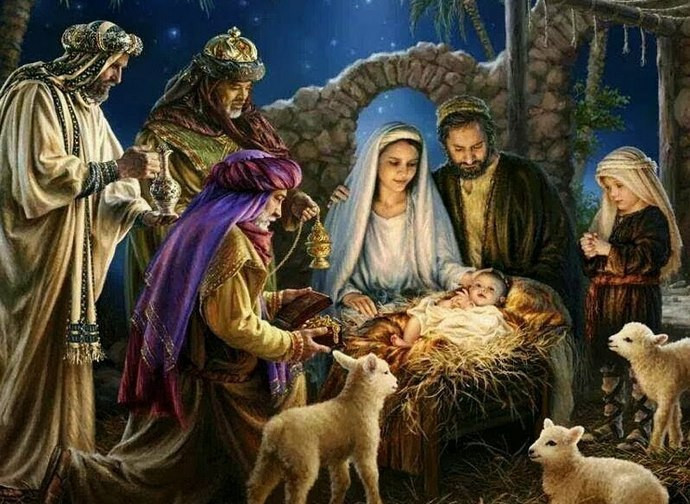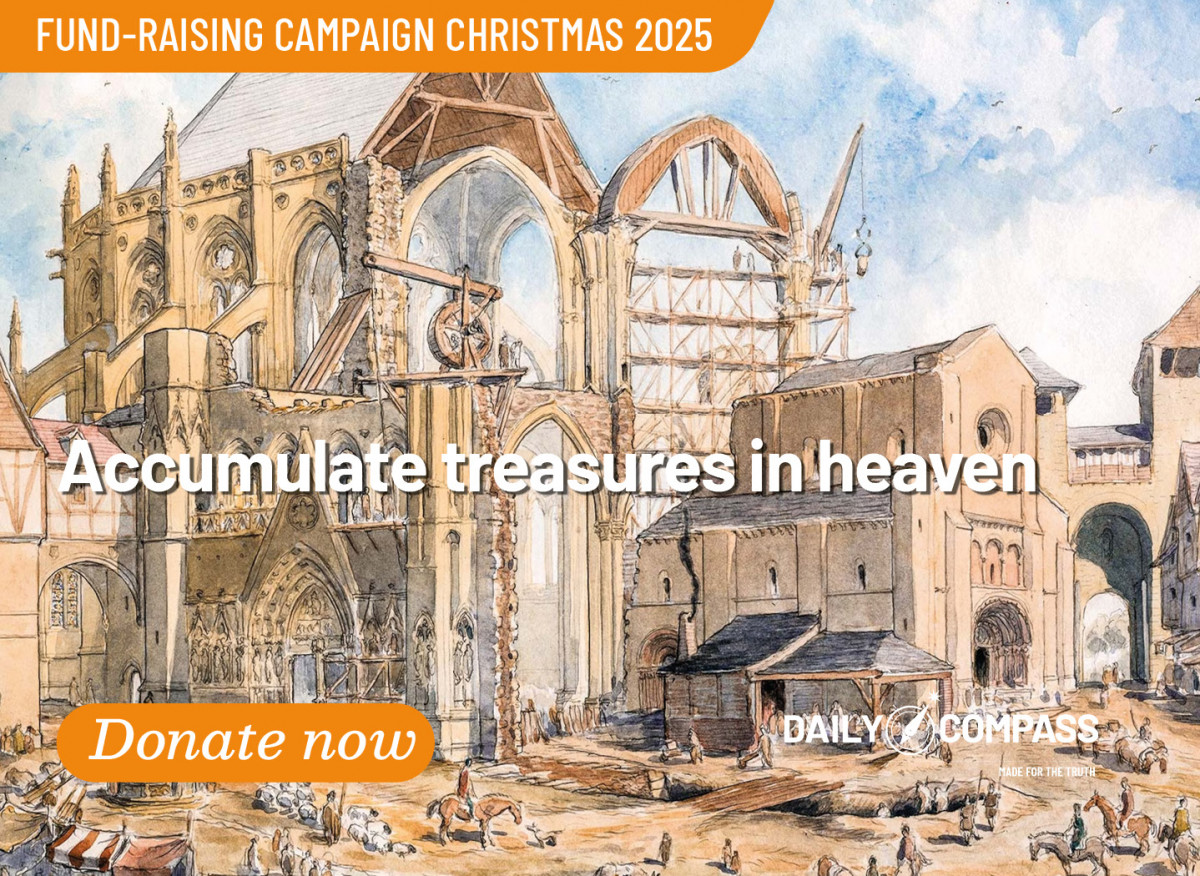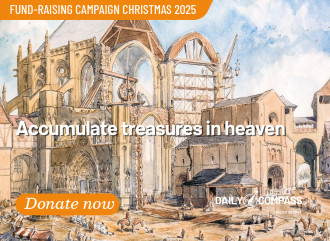Epiphany of the Lord
After the shepherds, the humblest among the chosen people, had glorified God at the sight of the Child Jesus lying in a manger, the Saviour "began to make himself known to the pagans" (Saint Augustine) through the Epiphany (that is, 'manifestation') to the Magi came from the east, the sign that all peoples are called to salvation.

After the shepherds, the humblest among the chosen people, had glorified God at the sight of the Child Jesus lying in a manger, the Saviour "began to make himself known to the pagans" (Saint Augustine) through the Epiphany (that is, 'manifestation') to the Magi came from the east, the sign that all peoples are called to salvation by participating, as the universal Church, in the adoration of the Lord. The Magi, who were learned Persians belonging to the priestly caste of the Zoroastrian religion (as the actual term 'Magi' indicates), understood that the rising of the Star was not accidental, and did not hesitate to face a long journey to know the Truth made flesh. With an open mind, they saw again the Star that guided them to Bethlehem "and, going into the house, they saw the child with his mother Mary and, falling to their knees, they did him homage"(Mt 2, 10-11).
Having received God's grace, The Magi went beyond the set of incomplete truths and deceptions in which they had believed so far and opened their hearts and minds to the mystery, presenting themselves to the Child with three gifts offered with highest honour. Since the beginning of Christianity, these gifts were interpreted as messianic signs: gold, to indicate the kingship of Jesus; incense, to signify His priesthood and divinity; myrrh, used in the preparation of the bodies for burial, and therefore anticipating the Passion and Death of Our Lord in expiation for the sins of mankind (myrrh is also described in the book of Exodus as a main component of the sacred oil, recalling that Christ is "the Anointed One"). Meditating on the example of the Magi – which Christian tradition has identified as Balthasar, Caspar and Melchior and the Church venerates as saints – Saint Anthony of Padua said: "Thus, also true penitents offer [the Lord] the gold of total poverty, the incense of devout prayer, the myrrh of voluntary suffering".
The wonder of the Epiphany is, once again, God's way of communicating Himself to men, to guide them on the path of salvation, unthinkable by the proud, scattered as they are "in the thoughts of their hearts"; instead, as explained by Saint Leo the Great in a sermon: " "When the brightness of a new star had led three wise men to worship Jesus, they did not see him ruling over demons, not raising the dead, not restoring sight to the blind [...]. They saw him, rather, as a Child – silent, at rest, placed in the care of his Mother – in a situation where there appeared no indication of power. From this lowliness, however, a great miracle was presented. [...] For the entire victory of the Saviour, the one that overcame the devil and the world, began in humility and ended in humility".
On the day of the Epiphany, Missionary Childhood Day is celebrated, as set by Pius XII in December 1950. It was inspired by the work of Bishop Charles de Forbin-Janson (1785-1844), founder of what is known today as the Pontifical Opera for Missionary Childhood. Forbin-Janson had been urged by letters from missionaries in China, asking him for help to save abandoned children. After consulting with Venerable Pauline Marie Jaricot (founder of the Society for the Propagation of the Faith), he launched an appeal to the children of France, asking them to help Chinese children and contribute to spread the Gospel.
With the motto 'Children help Children', these little missionaries have since committed themselves to witnessing the Christian life, through the collection of offerings during the year and during the Missionary Childhood Day sacrifice and prayer. The children's offerings are used in mission sites to support religious education programs, schools, hospitals, orphanages. In the spirit of the founder, who indeed intended to increase awareness of the missionary nature of the Church, let us support these little ones with our prayers, that they may take the Child Jesus to children all over the world; through their example, may we fulfil the words of our Saviour and become "like children" to enter the Kingdom of Heaven (Mt 18, 2-5).




